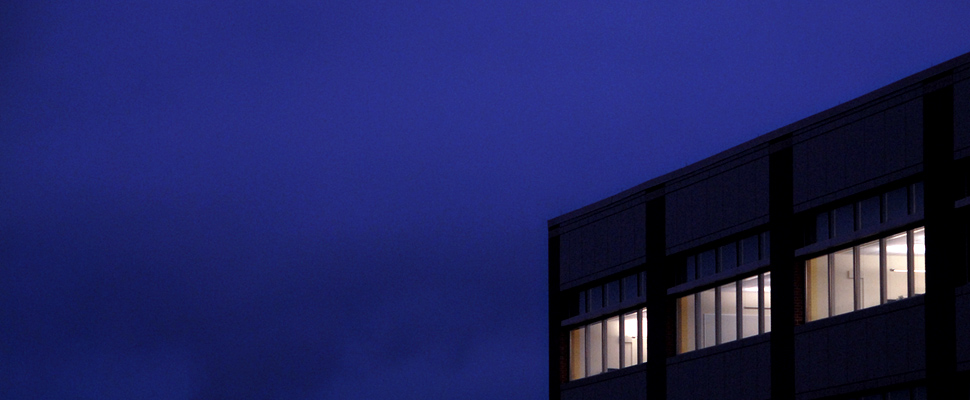And you thought hitting the light switch when you left an empty room just saved energy. Turns out, it could make you healthier, too. Why? By reducing something known as light pollution.
You probably know that hitting the switch saves massive amounts of energy and money, but it’s the growing impact of light pollution that has some scientists concerned. Up to 30 percent of vertebrates and 60 percent of invertebrates are nocturnal, while many other species thrive most at dawn and dusk. Add too much artificial light in the world and all of the sudden these species can’t function the way nature intended. Turtles can’t hatch eggs the way they used to, salmon start migrating differently, and bats – a vital form of natural pest control – start moving away from the light.
Studies indicate that you’re not immune. Artificial light at night can disturb our sleep patterns and circadian rhythms — both of which lead to increased risk for obesity and other diseases. Most at blame is how artificial nocturnal light impacts melatonin levels, which are responsible for a host of vital bodily processes. One study even shows a correlation between night-shift work, in which there is constant exposure to nocturnal artificial light, and increased breast cancer risk.
Turning the lights off at night makes such a difference that France now requires it in non-residential buildings. In addition to helping curb the light pollution problem, it saves them enough energy to power 750,000 homes (and no that comma isn’t misplaced) and save $266 million – every year. Not bad for a simple flip of a switch.
Go ahead, flip the lights (especially at night). You and the other species we share the planet with will be healthier for it.
